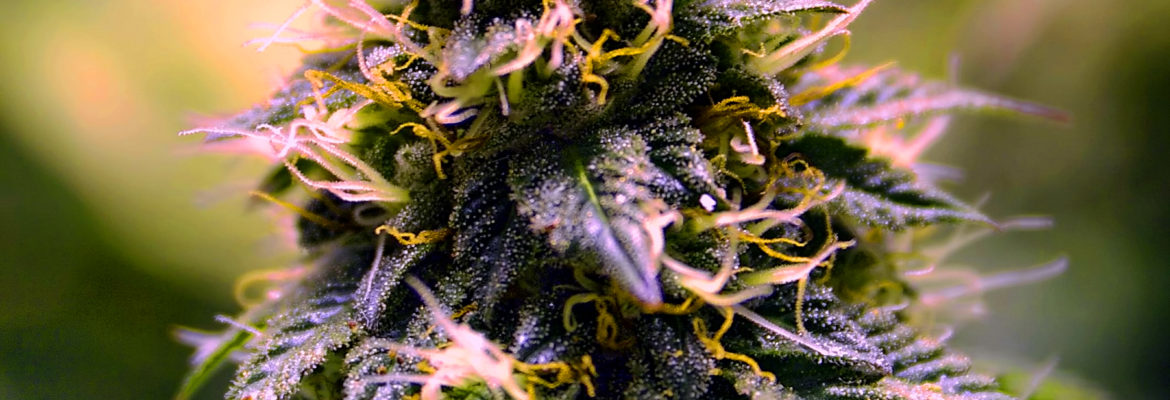Amid Coronavirus, Two Federal Agencies Take Steps on Cannabis Research and THC Content
The DEA announced it was adopting new regulations for cannabis research.
The Drug Enforcement Administration (DEA) recently announced it was adopting new regulations regarding the expansion of scientific and medical research opportunities for cannabis.
The Notice of Proposed Rulemaking, filed last week, was published on March 22 in the Federal Register.
The announcement will likely come as a pleasant surprise to research scientists who have been waiting for progress since the DEA’s 2016 decree that it would increase the number of cannabis cultivators and licenses to universities and investigative centers.
This action appears to be one of the DEA’s most significant steps to date toward expanding marijuana research by increasing the number of registered marijuana growers.
“The Drug Enforcement Administration continues to support additional research into marijuana and its components, and we believe registering more growers will advance the scientific and medical research already being conducted,” DEA Acting Administrator Uttam Dhillon said in a press release.
“DEA is making progress to register additional marijuana growers for federally authorized research, and will continue to work with other relevant federal agencies to expedite the necessary next steps,” Dhillon said.
Currently scientists are receiving their research cannabis through the National Institute of Drug Abuse (NIDA). That will change under the new DEA rules.
The only approved cultivator of research cannabis for NIDA in the United States has been the University of Mississippi for the past several decades.
New rules put DEA in charge of directly distributing to researchers
Under the DEA’s new rules, the agency would essentially be in charge of distributing all of the country’s research cannabis. This will oblige all participating growers to sell their harvest to the DEA, which would then pass it onto approved researchers.
This system puts the DEA in charge of all forms of research cannabis, including resin and other products.
According to the DEA’s public notice, the agency will be take charge of “importing, exporting, wholesale trading, and maintaining stocks,” while “authorizing the performance of such activities by appropriately registered persons.” It will also require written notice from cultivators about their estimated harvest dates.
The DEA rule change will now go through a 60-day public comment period, to “ensure transparency and public participation.”
NIDA seeks input on THC dosing
NIDA published a request for information (RFI) on March 23 asking for input regarding the potency of THC and cannabis products in order to ensure consistency among the various studies on the benefits and risks of medicinal cannabis.
“Recognizing that a perfect measure may not be attainable at the current time, NIDA still believes that a standard dose would improve measures of outcomes in relation to exposure; and thus, could inform policy and public health strategies around cannabis use,” reads the RFI.
In its search to develop a standardized unit, NIDA is looking at five-milligram THC doses as the standardized unit “irrespective of route of consumption.”
>View original article
Author: Moira Feeney

